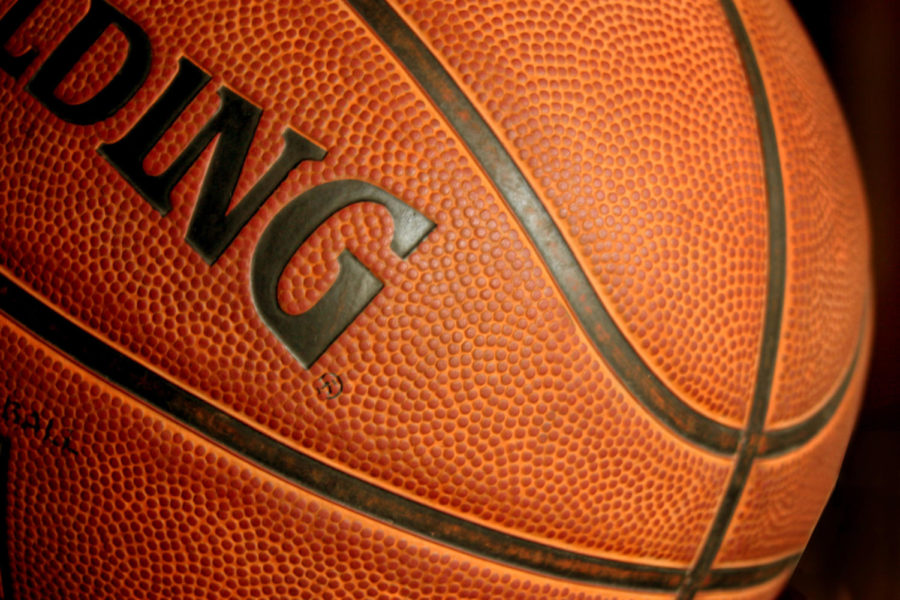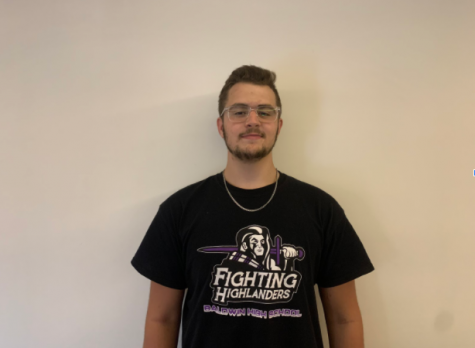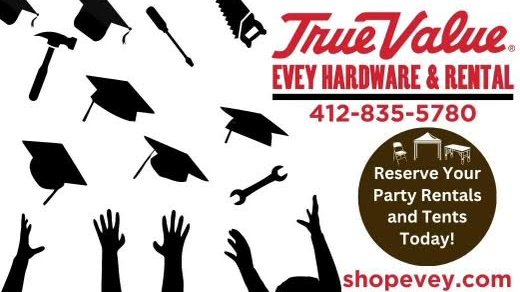Opinion: Paying top high school prospects, new league could shake up NCAA
The NBA is in its second season of using the play-in tournament and it has started the playoffs off hot this year.
March 8, 2021
A new basketball league created by the sports media company Overtime, whose sports videos rake in billions of views yearly, is looking to shake up the basketball careers of the nation’s top high school prospects.
According to a story in the New York Times, the Overtime Elite League would give the top 30 high school prospects a chance to make a minimum salary of $100,000, health and disability insurance, education, and $100,000 in scholarship money to attend college if basketball doesn’t pan out, among other benefits.
The catch is that joining this league exempts the players from playing high school or college basketball elsewhere.
If this new league — headed by one of the most well known and respected sports media companies for high school, college, and professional basketball — is successful, it would create a new pathway to the pros for the most impressive high school basketball players, one that would sidestep the NCAA.
The most striking element of this league is that it would pay top high school players to leave their schools and join the league.
For years there has been debate over whether the NCAA should pay college athletes, but college athletes still aren’t being paid, despite the millions they rake in for the programs they represent.
This new league, targeting top high school prospects, definitely will add pressure to the NCAA to start compensating its stars.
As long as Overtime can continue to fund this league, it can be a breath of fresh air for upcoming high school prospects to forge a path of their own without getting involved in the NCAA.
Plus, players will be able to profit off their name, image, and likeness, which opens the door for jerseys, video games, and trading cards.
While the NCAA and lawmakers are still grappling over whether or not to pay college players, Overtime is offering the biggest standouts in the sport a chance to turn their sport into a future, regardless of whether or not that future involves basketball.
Obviously funding is always an issue for starting such an expensive league, but if Overtime can get some investors and make this league a sustainable avenue for players, it seems like an obvious choice.
Unless the NBA makes some sort of decision to not draft players from this league, there’s no reason that joining this league would hurt a player’s chances in the NBA.
In fact, it might even improve their chances, based on the fact that this program would allow young prospects a chance to focus a massive portion of their time to crafting their game among the best of their peers, all the while receiving loads of attention from teams and fans alike.
On top of that, the league promises to deliver dynamic rosters, which would mean that these young players can be introduced to all sorts of different players and systems, which many players don’t have the luxury of doing.
If this league pans out, it has a chance to become an incredibly prestigious and well respected league that creates future NBA superstars, and creates competition for the NCAA.
This league working would give the NCAA two options: pay its players, or lose the top 30 or so prospects to a new league that provides healthy salaries and a safety net for those who don’t make it to the NBA.
The only way this league backfires is if the funding runs short and it has to be terminated. In that case, players may be left in a bad spot, as happened when Lavar Ball’s Junior Basketball Association failed.
If it doesn’t work out, then high school prospects of future years will be forced back into the typical path of a college athlete, and the NCAA will have no reason to start paying its players.
The best thing about this potential Overtime league is that it really has no huge drawbacks in the event that it works out. The players don’t have to give up their education, and are given access to other options besides basketball, as well as a great way to start focusing on their potential career years before they get drafted.
As long as all goes well, the NCAA has some competition on its hands, and may have to make some serious changes to the way they treat their athletes if they don’t want to lose the biggest upcoming prospects.






